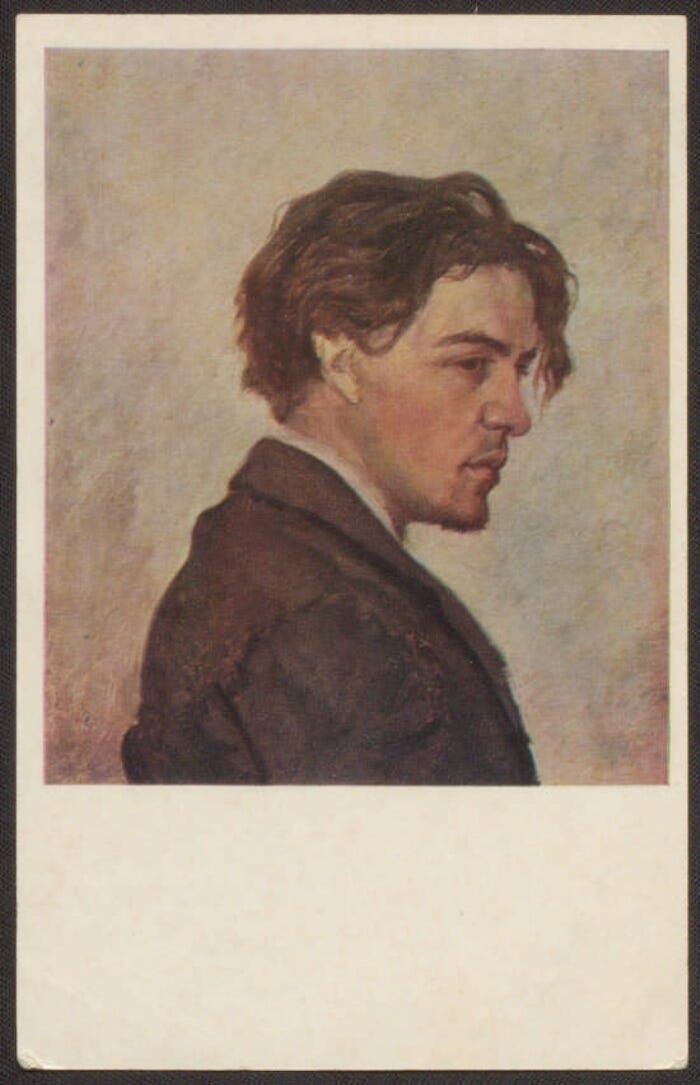Let's dwell on Chekhov's idea
Доброе утро!
Сегодня мне хочется поговорить о Чехове.
Обычно, когда вспоминают русских писателей, его имя встречается также часто, как и Достоевского или Толстого. А ты, мой дорогой читатель, слышал ли это имя — Антон Чехов?
Герои Чехова известны [= are known] своим неумением радоваться жизни и относиться ко всему просто [=keep it simple].
The critics pointed out at the Chekhov’s world which is void of ideas and his characters are always in doubts of the finality of any conclusions. You can only speculate about the author’s opinion regarding anything in a novel, he left the end open — you have to hazard a guess. It links Chekhov’s novels with existentialism. Existentialist philosophers (and Chekhov didn’t know about Kierkegaard nor other philosophers), just like the Russian writer, cultivated a spiritual independence. This is what Chekhov wrote:
Я верую в отдельных людей, я вижу спасение в отдельных личностях, разбросанных по всей России (1)там и сям — интеллигенты они или (2)мужики, — в них сила, хотя их и мало. (3)Несть праведен пророк в отечестве своём; и отдельные личности, о которых я говорю, играют незаметную роль в обществе, они не доминируют, но работа их видна...
Could you get the point? What did the author want us to learn?1
(1) там и сям (colloqual) means “here and there”
(2) мужики (plural; colloqual) means “dudes”
(3) несть (old Russian, church lang. or literary) means “there is no”
If you want to support my project, you can do it here financially.
It means one cup of good herbal tea with a taste of sympathy.
What Chekhov’s novel you could read? What did you find distinctive? Let me know.
Спасибо, что прочитал(а) до конца!
He absolutized personhood. He shows that an individual’s activity is visible but the very individual isn’t visible.


